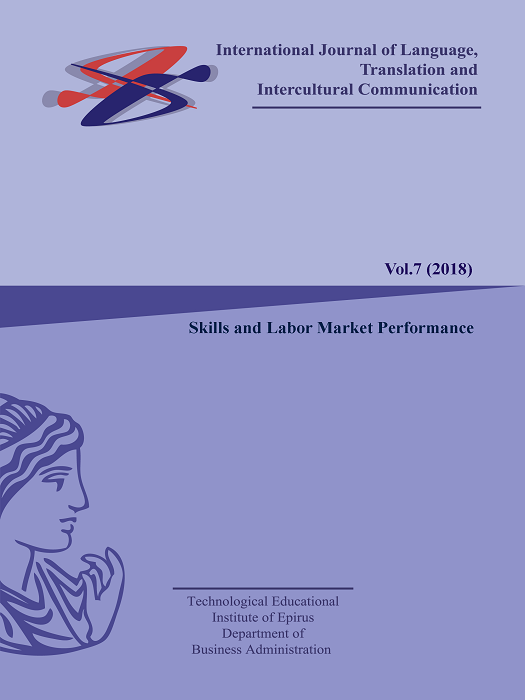Job flows, returns to skill, and rent-sharing at the dawn of the new millennium: A firm-level inquiry from the BRICS

Published:
Apr 12, 2018
Keywords:
Job flows labour demand labour performance returns to skill rent-sharing SME BRICS
Abstract
We present a firm-level inquiry on labour-demand characteristics in the BRICS economies, using standardized data from the World Bank Enterprise Surveys for the pre-crisis period of 2002-2003. The BRICS countries are the growth champions of that period, with numerous discussions on the effect of growth on inequality and the role of skills on labour-market performance. We examine employment, employment growth and its constituents, as well the returns to skill and the incidence of rent-sharing. We find that SMEs in the BRICS exhibit lower gross employment growth, compared to large firms. Large firms in Brazil, Russia and South Africa are responsible for most of the net job creation. In contrast, small and medium firms in China and India exhibit higher net job creation rates compared to large firms. Younger firms in Brazil, Russia and India generate higher net job creation figures, in contrast to China and South Africa, in which it is the large firms that generate more net new jobs. Foreign firms in China exhibit the highest net job creation, while in Brazil and India domestic firms create most of the new net employment. Private firms are responsible for most of the net job creation and job reallocation in all BRICS counties. The returns to skill are lower in SMEs and young firms, and we find evidence in favour of rent sharing, particularly in Brazil and India, by foreign and exporting firms, and by SMEs in China.
Article Details
- How to Cite
-
PANOS, G. A., & YANG, Y. (2018). Job flows, returns to skill, and rent-sharing at the dawn of the new millennium: A firm-level inquiry from the BRICS. International Journal of Language, Translation and Intercultural Communication, 7, 64–99. https://doi.org/10.12681/ijltic.17402
- Section
- Articles

This work is licensed under a Creative Commons Attribution-NonCommercial-ShareAlike 4.0 International License.
Copyright Notice
Authors who publish with this journal agree to the following terms:
- Authors retain copyright and grant the journal right of first publication with the work simultaneously licensed under a Creative Commons Attribution License that allows others to share the work with an acknowledgement of the work's authorship and initial publication in this journal.
- Authors are able to enter into separate, additional contractual arrangements for the non-exclusive distribution of the journal's published version of the work (e.g., post it to an institutional repository or publish it in a book), with an acknowledgement of its initial publication in this journal.
- Authors are permitted and encouraged to post their work online (e.g., in institutional repositories or on their website) prior to and during the submission process, as it can lead to productive exchanges, as well as earlier and greater citation of published work (See The Effect of Open Access).
Downloads
Download data is not yet available.


